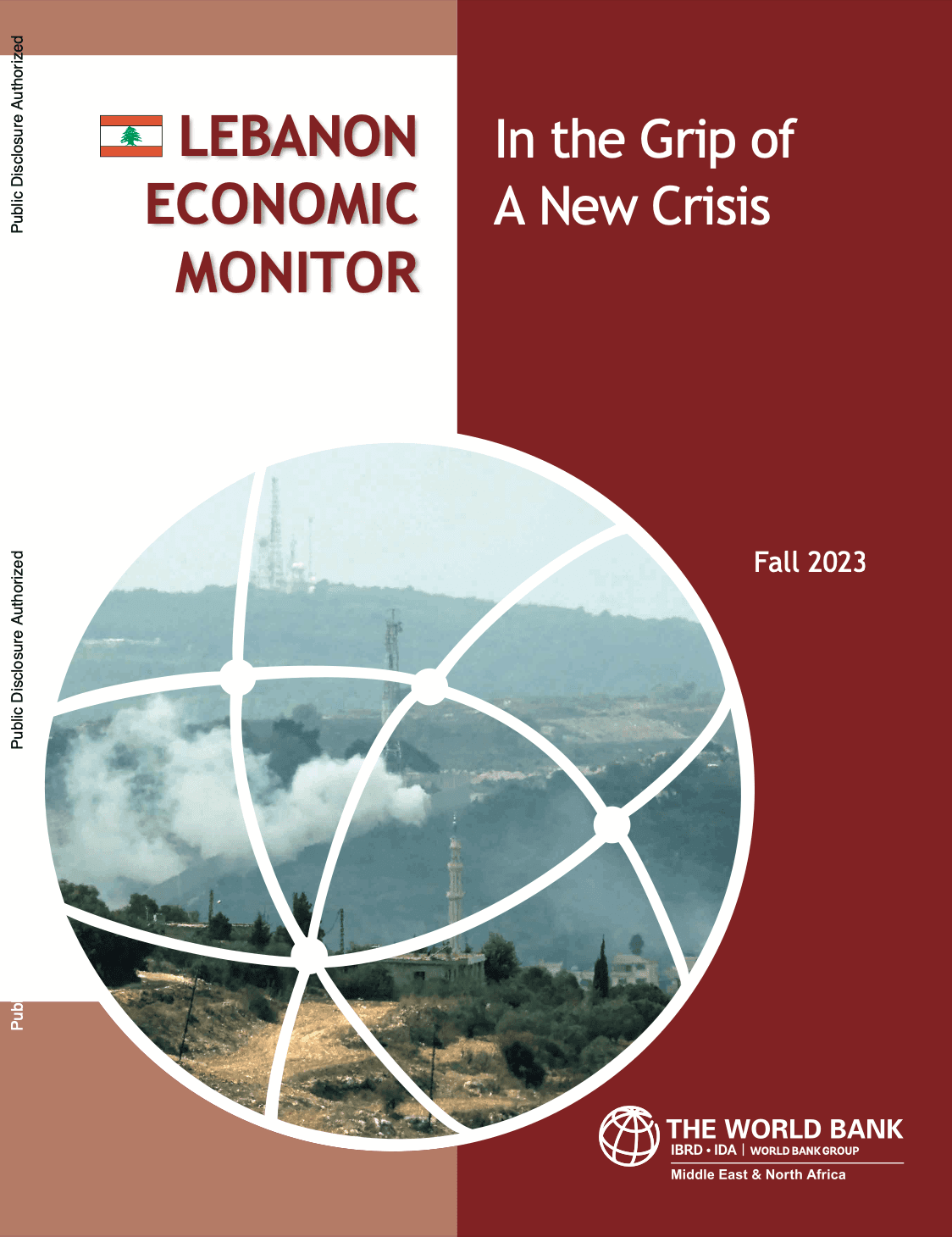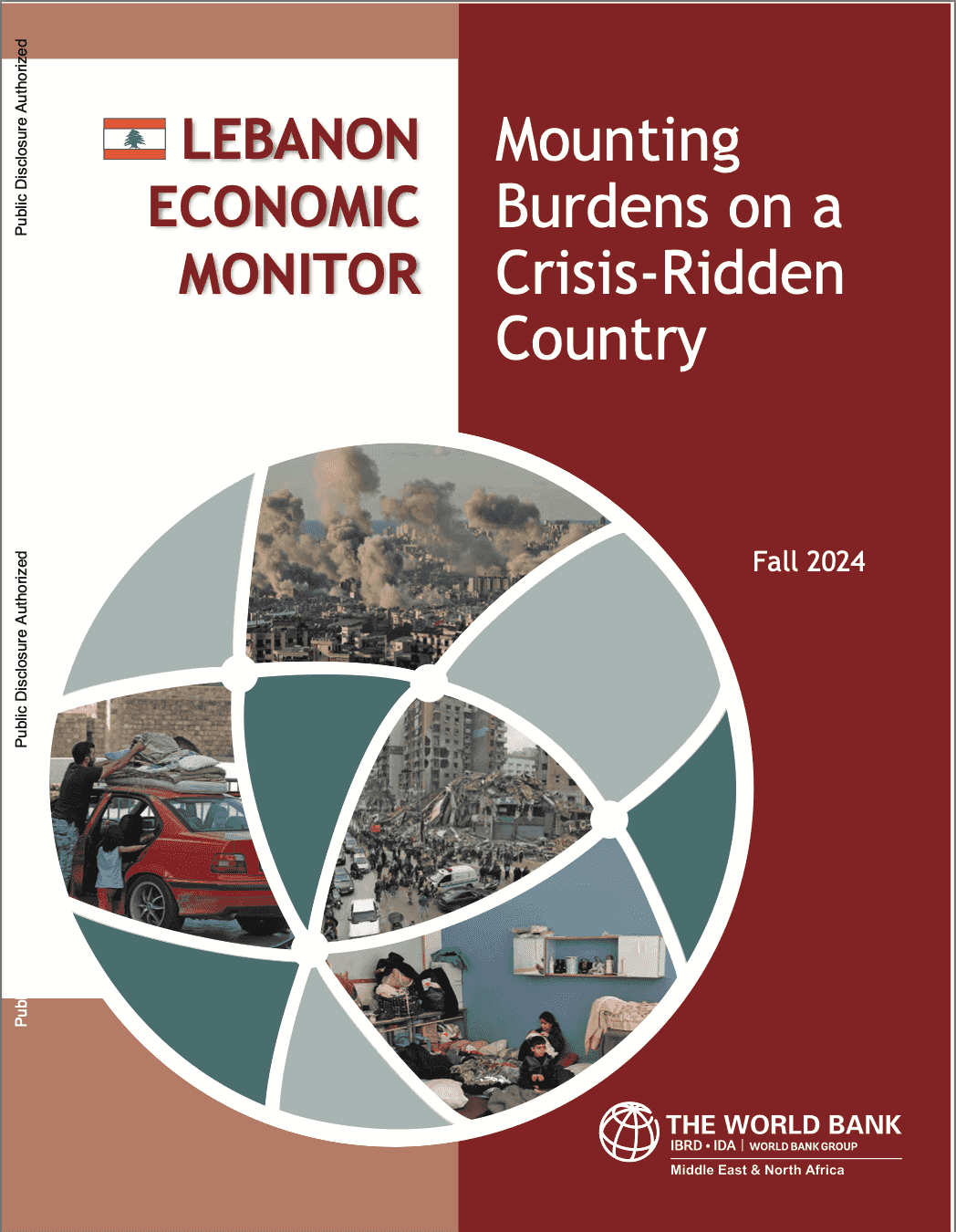The World Bank's Lebanon Economic Monitor Fall 2023, issued in September 2023, notes the country's continuous economic difficulties, which is compounded by regional conflicts, particularly the war in Gaza. While the country showed signs of brief stabilization in early 2023, aided by tourism and remittances, rising geopolitical tensions have created a new wave of insecurity.
Prior to October 2023, Lebanon was expected to see its first economic expansion since 2018, with a projected GDP growth of 0.2%, mainly fueled by tourism and increased dollarization of salaries. However, the outbreak of hostilities has reversed these expectations, with the economy now projected to contract by up to 0.9% in 2023.
The report underscores Lebanon’s deepening institutional and political paralysis, with no significant progress on economic reforms or crisis resolution. The banking sector remains crippled, with multiple exchange rates still in effect, and the central bank's ability to intervene in currency markets severely limited due to dwindling foreign reserves. Inflation is projected to soar to 231.3% in 2023, primarily driven by currency depreciation and dollarization of transactions, severely impacting living costs.
Despite exploratory efforts in offshore oil and gas, no viable resources have been discovered yet, and any potential revenues remain far off. The report warns that without decisive and equitable economic reforms—particularly in the banking sector and public finance management—Lebanon's economy will remain stuck in a cycle of stagnation, with continued loss of physical, human, and social capital. The reliance on remittances and tourism as economic lifelines is unsustainable, and without urgent policy action, the country risks prolonged economic decline.






